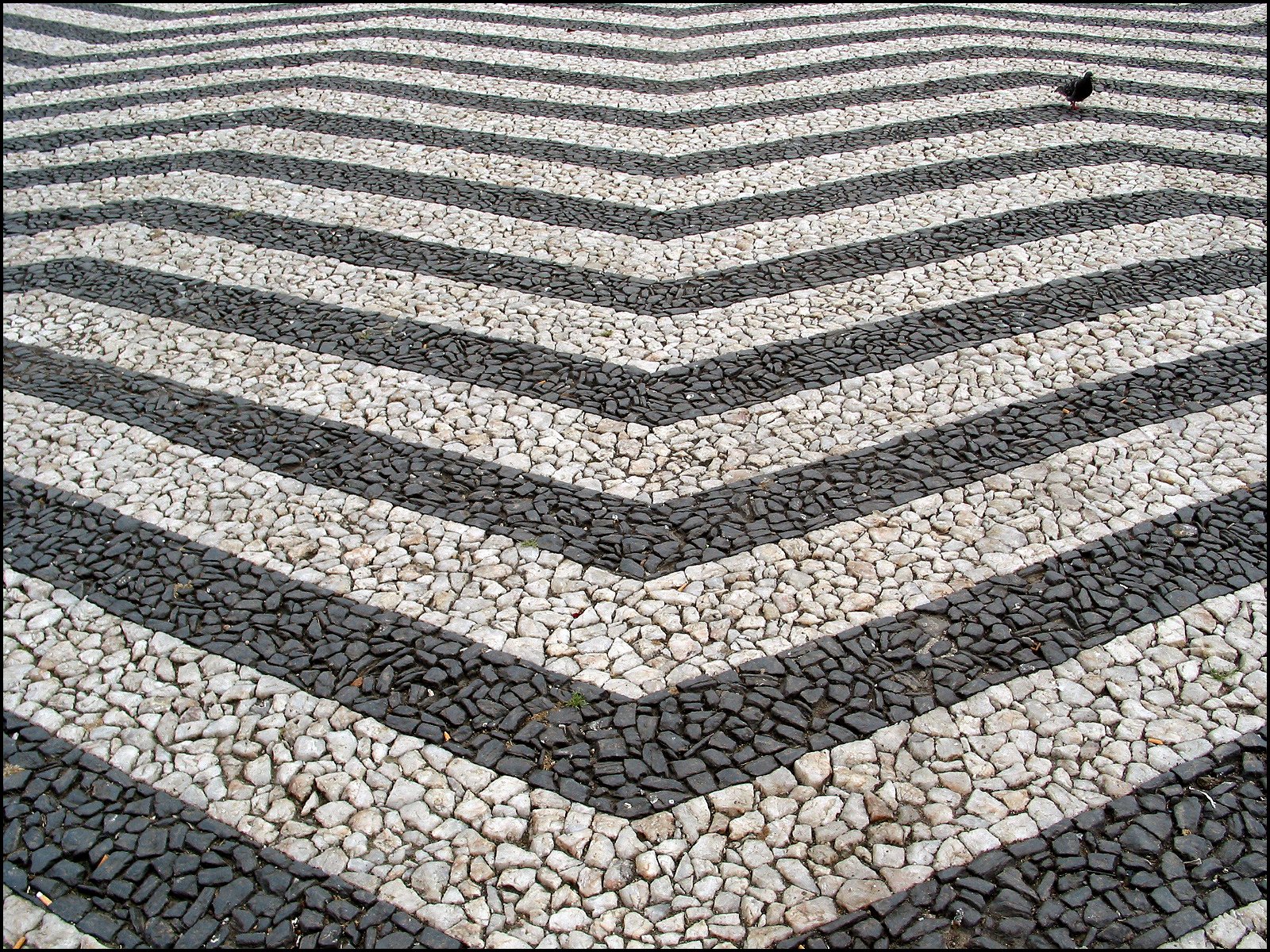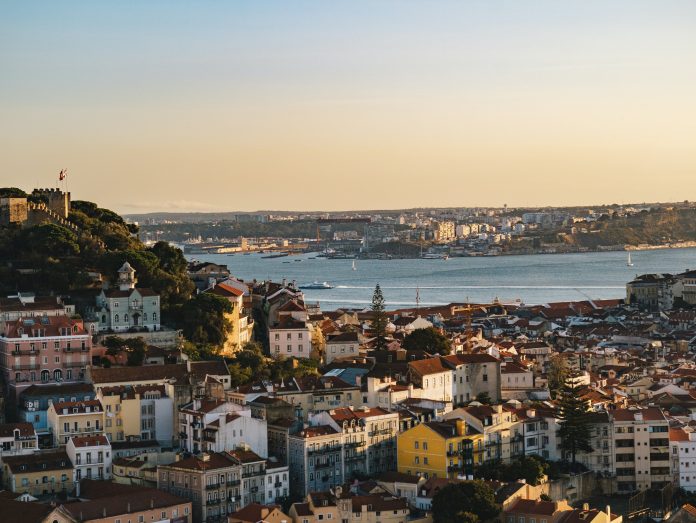Forty-year-old US entrepreneur Mark Manson, whose YouTube channel has more than 2.5 million subscribers, posted a video on October 28, 2024 entitled “Understanding the Most Anxious Country in the World.” It may surprise you to hear that this country is Portugal, the country that most people from abroad associate with relaxing days of retirement sipping wine al fresco beachside in the early afternoon sun. At least that’s how the country has been marketed to Americans, Canadians, Brits, and other people considering moving to Portugal from abroad. Let’s dive into Manson’s theory about what makes Portugal so anxious and look at initial reactions from the Portuguese.
Portugal’s Quiet Dictatorship and Its Legacy
Manson begins with a surprising historical figure, António de Oliveira Salazar, a fascist dictator whose authoritarian regime left an indelible mark on Portuguese society. Unlike his more infamous contemporaries, Salazar was not flamboyant or overly violent. He enforced a strict, conservative order that emphasized what he called the “Three Fs”: fado (traditional music), Fatima (a major religious pilgrimage site), and futebol (football). These symbols not only epitomized Salazar’s notion of a wholesome Portuguese life but also ingrained a deep sense of tradition and societal order. For over 40 years, Salazar’s regime steered Portugal toward a lifestyle that resisted modern change, fostering an environment of conformity that discouraged questioning authority or taking risks.

Salazar’s rule ended in 1974 with the Carnation Revolution, but the conservative influence lingers. During and shortly after his regime, researchers first documented the phenomenon of pervasive Portuguese anxiety. Portugal has consistently scored high in global anxiety metrics since then, leading Manson and others to wonder if the legacy of enforced conformity under Salazar might still contribute to Portugal’s anxieties today. The trauma of repression, compounded by a slow transition to democracy, left a residue of societal reluctance toward change. In Manson’s words, “For such a quiet and peaceful country, Portugal’s mental health data are shockingly bad.”
The Influence of Religion and Social Structure
Religion plays a complex role in Portuguese life. Despite a recent decline in religious observance, Catholicism remains a strong cultural force in Portugal, epitomized by the shrine at Fátima. This religious heritage influences social norms and attitudes, particularly around concepts like family and community. Manson explores the notion that Catholic guilt and the fear of divine judgment might play into Portugal’s anxiety, but studies suggest that religious belief generally provides comfort rather than stress.
Some Portuguese viewers shared a perspective that parental protectiveness and a tendency to emphasize safety from a young age contribute to high anxiety. One viewer described how many Portuguese parents focus on caution and security, discouraging their children from taking risks. This early conditioning may lead to a mindset that prioritizes security, reinforcing the broader cultural tendency to avoid uncertainty.
Fátima – A National Symbol of Faith and Anxiety
One of the most striking moments in Manson’s exploration is his visit to Fátima, a revered site of pilgrimage in Portugal. The Sanctuary of Fátima, with its vast open courtyards and immense basilica, is dedicated to the Virgin Mary, who is said to have appeared here to three shepherd children in 1917. To this day, millions of Portuguese and international pilgrims visit Fátima each year, praying for peace, miracles, and comfort. As Manson marvels at the scale of the site, he notes the immense emotional weight that Fátima carries in Portuguese culture—a symbol of faith that also reflects the anxieties rooted in Portuguese history.
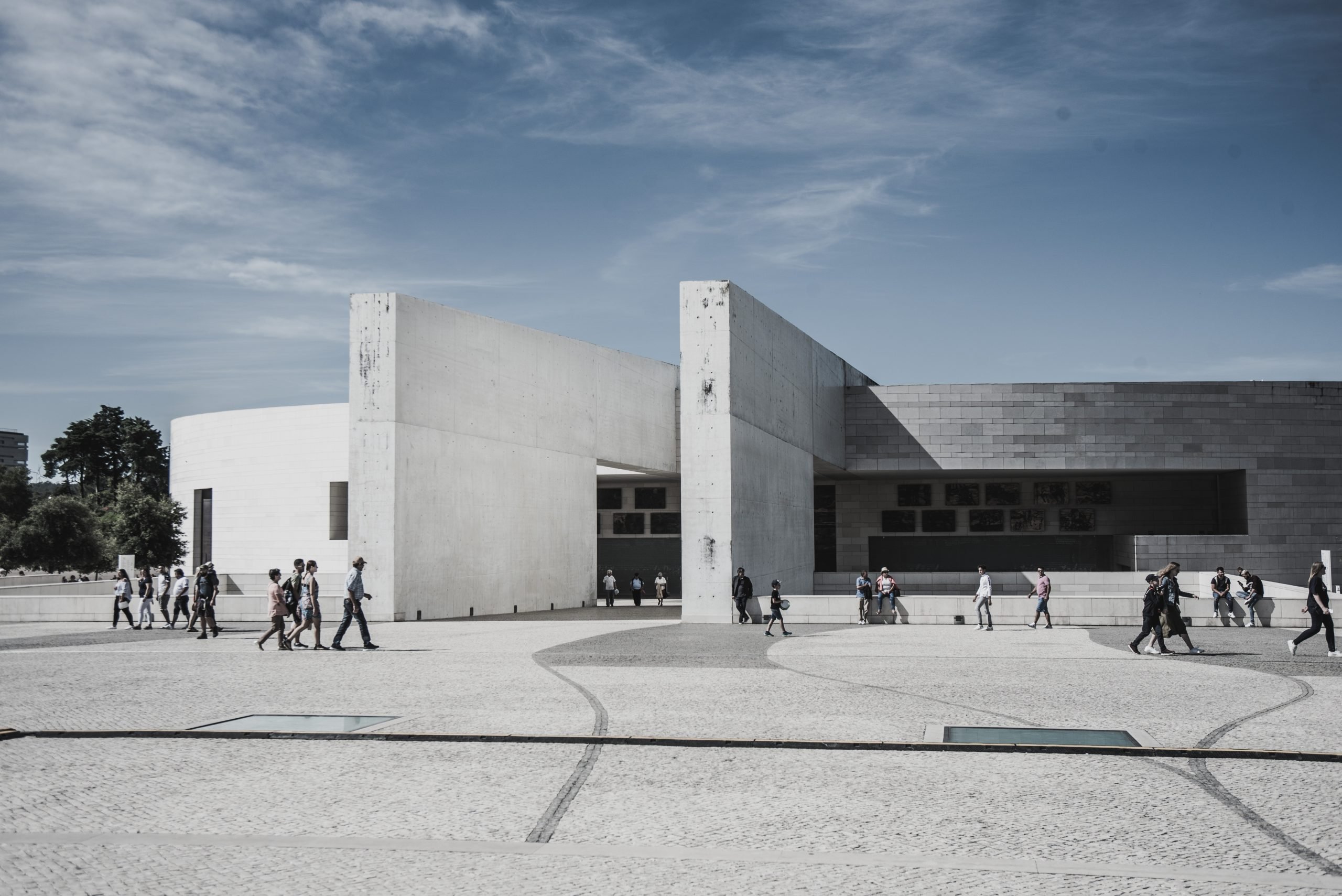
Manson suggests that Fátima’s significance also reveals a cultural reliance on the security of tradition. The sanctuary was not funded by the Catholic Church, but by the faithful themselves, who viewed Fátima as a source of hope and collective identity during difficult times. In Manson’s eyes, Fátima symbolizes how Portugal’s unique relationship with anxiety is not purely negative—it can provide unity and comfort while also preserving a sense of stability amid uncertainty.
Uncertainty Avoidance – A Culture of Tradition
One of the primary explanations Manson investigates is Portugal’s high score on “uncertainty avoidance” in Hofstede’s cultural dimensions theory. Countries with high uncertainty avoidance resist ambiguity and are often marked by societal pressure to conform. Portuguese culture exhibits this trait strongly, prioritizing tradition, family, and religion while resisting outside influences or rapid social change. Clinical psychologist Sara Crispim, whom Manson interviews, explains that social pressure and conformity in Portugal lead to a culture that stifles individualism. Many Portuguese feel pressure to fit into predefined roles, avoiding risks and breaking from the norm.
The fear of uncertainty, which pervades daily life, creates a cultural reluctance to embrace change—a likely cause of heightened anxiety. This resistance to the unknown may explain why many Portuguese people are hesitant to push boundaries, leading to a “safe but static” society. For Manson, this trait reflects a collective aversion to change and the unknown, possibly resulting from centuries of political and social conservatism that continue to shape Portugal’s identity.
Saudade – The Cultural DNA of Anxiety
Perhaps one of the most distinct elements of Portuguese identity is saudade, a concept with no direct translation in English. It combines a sense of longing, nostalgia, and an emotional yearning for something—or someone—lost or never attained. This cultural sentiment permeates art, literature, and music, especially fado, a genre of traditional Portuguese music that often centers around themes of loss and unfulfilled dreams. Fado songs capture the essence of saudade, combining a deep emotional intensity with somber reflection.
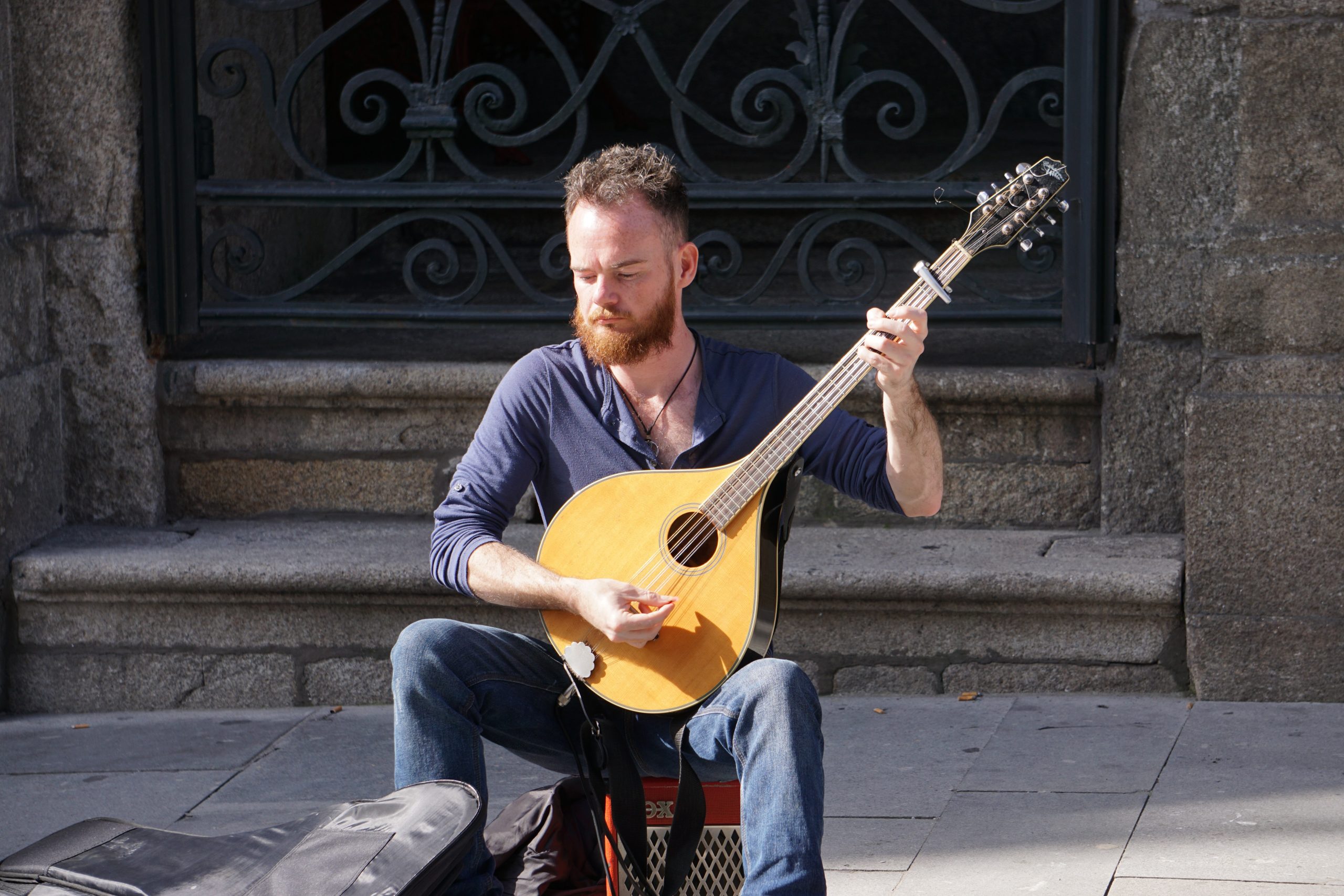
Manson identifies saudade as a key contributor to Portugal’s anxiety, suggesting that it amplifies a culture-wide predisposition to dwell on the past and ruminate on what might have been. In Portugal, saudade is a part of daily conversation and expression, a concept so deeply ingrained that it has shaped generations of Portuguese people’s outlook on life. It becomes not just an emotion but a perspective through which the Portuguese view their world—a melancholic lens that fosters both appreciation for their history and an almost inevitable sense of unease about the future.
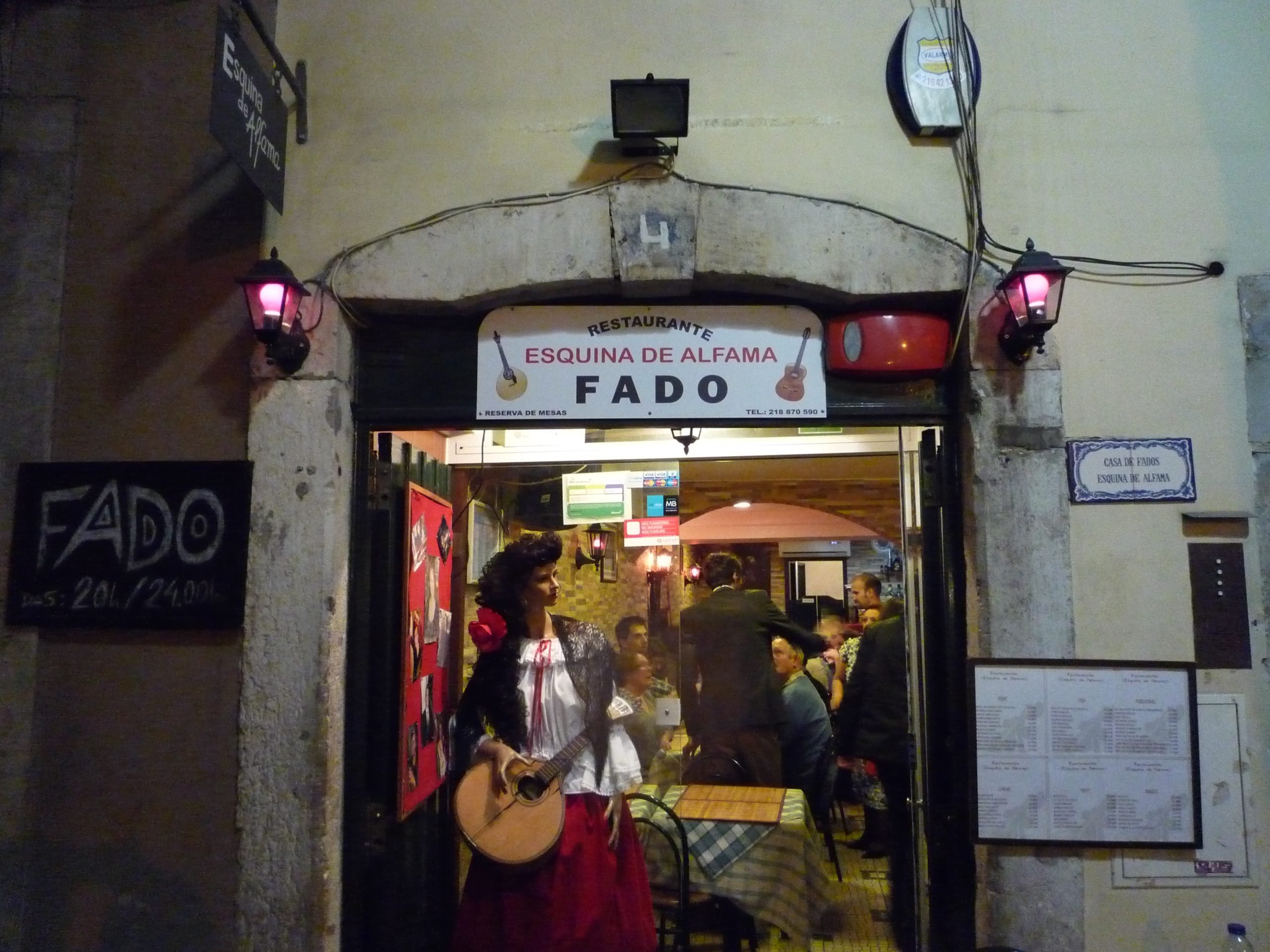
The Legacy of Emigration and the Genetic Theory of Anxiety
An intriguing theory presented by psychiatrist Gustavo Jesus takes Manson’s investigation a step further, suggesting that the high prevalence of anxiety in Portugal might have a biological basis linked to centuries of emigration. During Portugal’s Age of Discovery, and in many decades following, the most adventurous and risk-tolerant citizens left their homeland in search of new opportunities. This outflow of explorers and migrants, Jesus argues, might have left behind a population more cautious, less prone to take risks, and therefore more predisposed to anxiety.
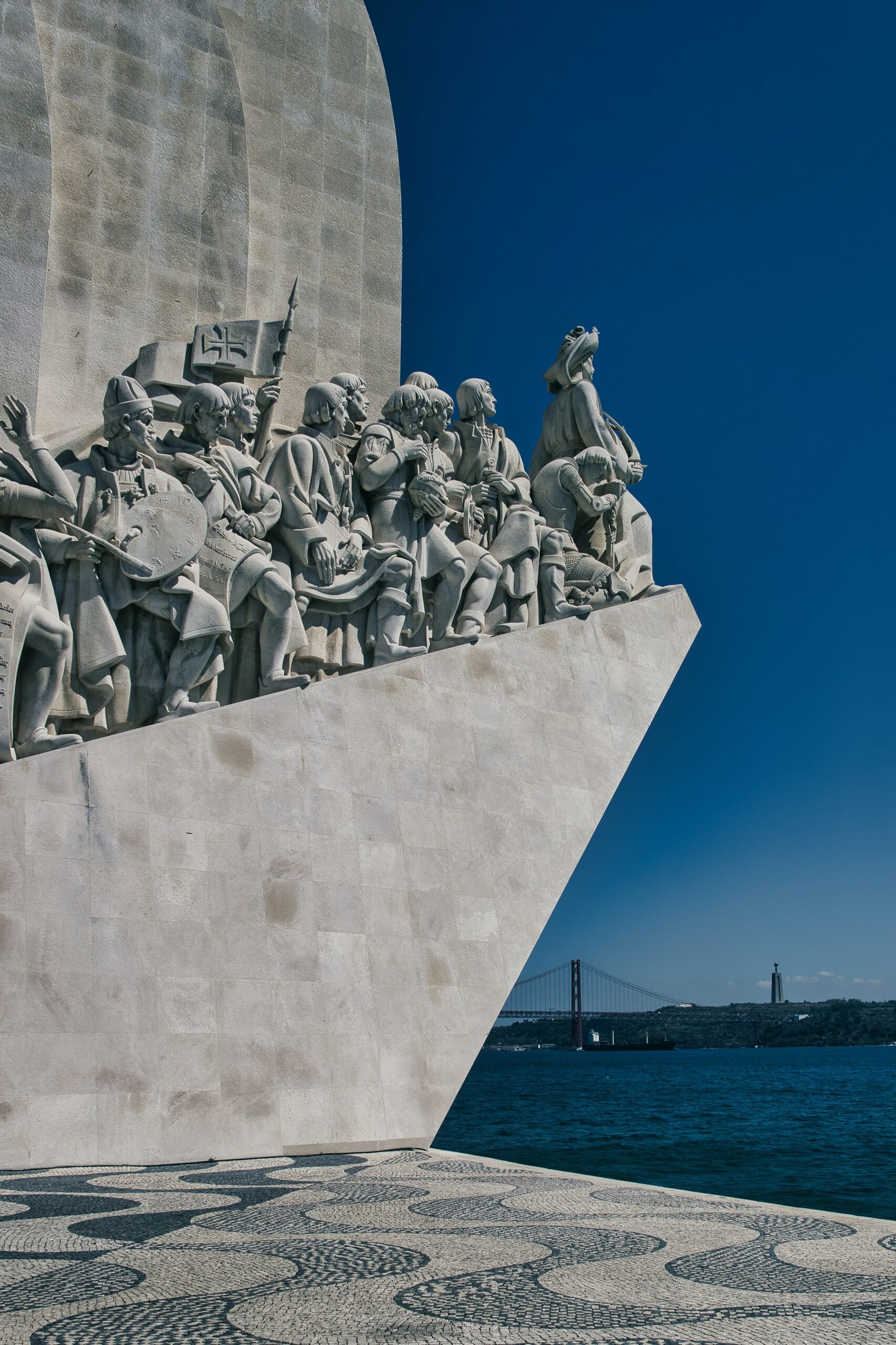
This “genetic selection” theory proposes that the emigration of more enterprising individuals over generations might have influenced the collective psychological profile of those who stayed. While there is no concrete genetic evidence to support this claim, it raises an interesting point about how cultural history can intersect with biology. Over time, a nation that consistently loses its most daring individuals could theoretically develop a population that skews more conservative and anxious. Manson admits he found this theory compelling, as it aligns with the patterns observed in Portuguese culture, where the inclination to “stay safe” has become almost synonymous with national identity.
Economic Insecurity – A Contributing Factor or Symptom?
Economic insecurity is a commonly cited factor in anxiety worldwide, and some argue that Portugal’s economy could explain its high anxiety levels. While Portugal’s economic indicators aren’t the worst in Europe, they are far from ideal. Manson notes that low wages, limited job opportunities, and high housing costs lead to financial instability, especially among young people who often find it challenging to live independently. In recent decades, Portugal has seen an exodus of skilled workers seeking better opportunities abroad—a phenomenon that can leave those remaining feeling trapped in a stagnant economy.

However, Manson points out that economic insecurity alone doesn’t fully account for Portugal’s anxiety. While economic factors undoubtedly contribute to stress, they don’t seem to be the primary cause. Many countries face similar economic challenges without reporting the same levels of anxiety. Moreover, Portugal’s anxiety levels have been high even during times of relative economic stability, suggesting that while economic factors exacerbate anxiety, they are unlikely to be the root cause.
Perspectives on Portuguese Anxiety
YouTube feedback from Portuguese viewers reveals a range of perspectives on Manson’s portrayal. Many viewers agreed with the notion that economic limitations and cultural conservatism contribute to their nation’s anxiety. One viewer commented that Portugal’s anxiety stems from a deeply ingrained sense of having to leave to succeed—a sentiment echoed by many others who have emigrated. For these individuals, the country itself seems limiting, reinforcing a sense of inadequacy that fuels anxiety.
Another viewer, who moved to Sri Lanka, found that their perception of anxiety changed after experiencing a slower-paced lifestyle. This shift highlighted the differences between Portugal’s frenetic, worry-laden lifestyle and the calmer, Buddhist-influenced pace in Sri Lanka, where anxiety seemed less ingrained in daily life.
However, some viewers took issue with certain elements of Manson’s analysis. One Portuguese viewer argued that the genetic selection theory oversimplifies Portugal’s historical emigration. They contended that many Portuguese left not out of adventurous spirit but economic desperation, questioning the assumption that the emigrants were less anxious. This perspective suggests that the “stay or leave” dynamic in Portugal is more complex than a simple dichotomy between anxious and bold individuals.
For some viewers, the portrayal of Portuguese anxiety rang true but seemed at odds with the relative peace of daily life in Portugal. One American expat in Portugal noted the calm demeanor of Portuguese people, observing that, unlike in the U.S., there is little road rage, hostility toward service workers, or general public anger. This reaction points to a potential paradox in Portugal’s culture: a high baseline level of anxiety that coexists with a largely mellow public life. In this case, however, one must ask how much is missed by expats due to cultural and linguistic barriers when making such assessments.
Is Portugal Truly the World’s Most Anxious Country?
Manson’s exploration is thorough, weaving together historical, cultural, and psychological perspectives to present a compelling case. But is Portugal truly the most anxious country in the world? For many Portuguese, anxiety is undoubtedly part of their cultural identity, tied to saudade, historical pressures, and societal expectations. Portugal’s anxiety is complex, shaped by its distinct history of loss and longing. However, whether it is the “most anxious” country depends on how one defines anxiety and its impact on daily life.
In comparison to nations facing immediate crises—such as war, political oppression, or severe economic turmoil—Portugal might not appear as anxious on the surface. But the anxiety Manson describes is more subtle and ingrained, manifesting in a pervasive sense of caution, rumination, and unease that has evolved over centuries. Portugal’s anxiety seems less reactive than existential, tied to a shared memory of unfulfilled potential and an enduring desire for stability.
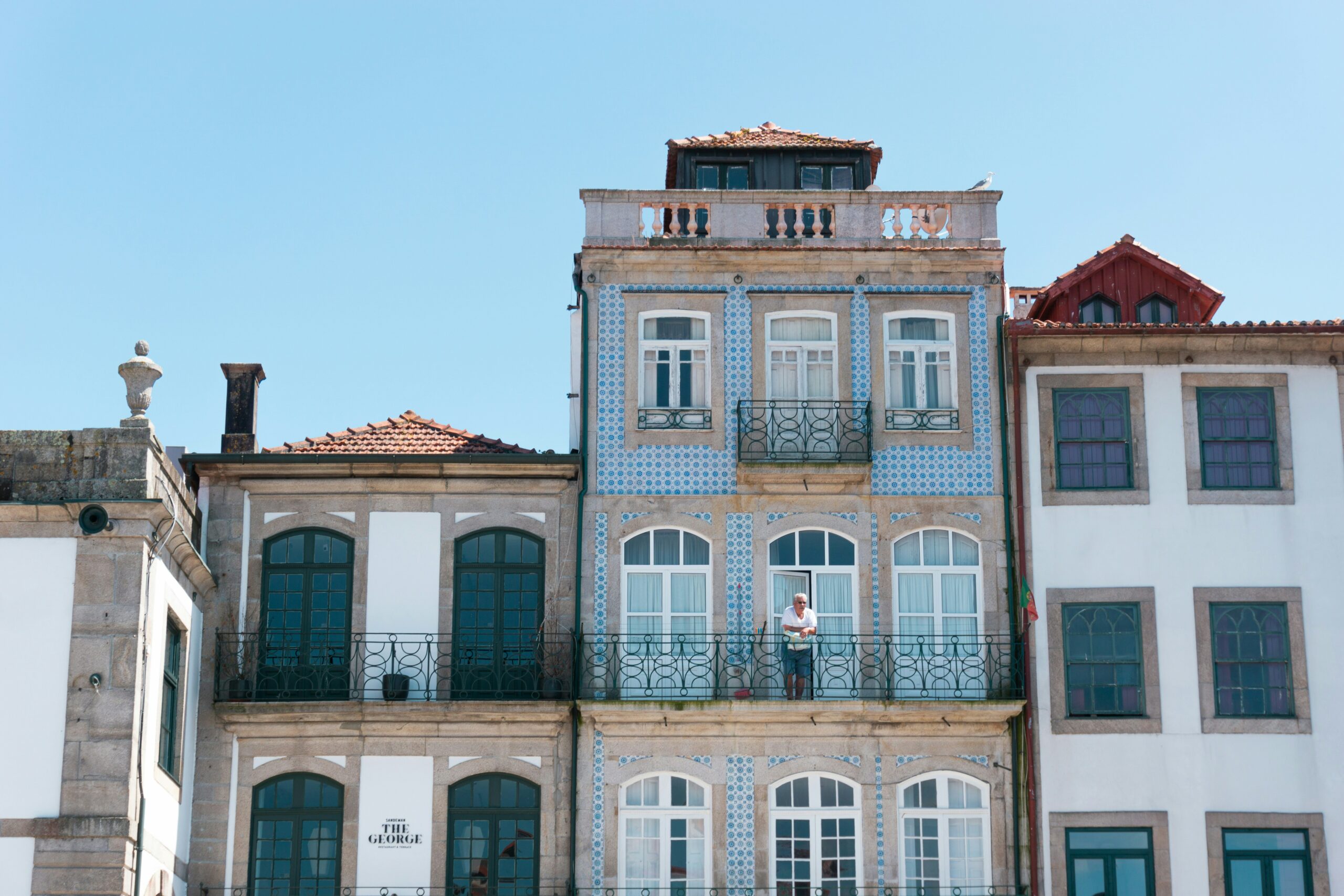
Final Thoughts
Reflecting on Portuguese anxiety, Manson concludes with a poignant observation about how anxiety, like any emotion, has both costs and benefits. Portugal, as the oldest country in Europe, has maintained a rich cultural heritage and strong national identity. Manson suggests that this anxiety, though burdensome, has also preserved Portugal’s traditions and historical consciousness. In that sense, Portuguese anxiety carries a kind of beauty—a history preserved in saudade and a longing that keeps the past alive.
Perhaps Portugal’s lesson to the world is that anxiety, while painful, can be a powerful force for cultural preservation and identity. The Portuguese people, through their unique blend of melancholy and resilience, demonstrate that even in the face of anxiety, there is value in remembering and longing for what once was. While we may never fully conquer our anxieties, we can learn to live with them, allowing them to keep what we cherish most safe.
